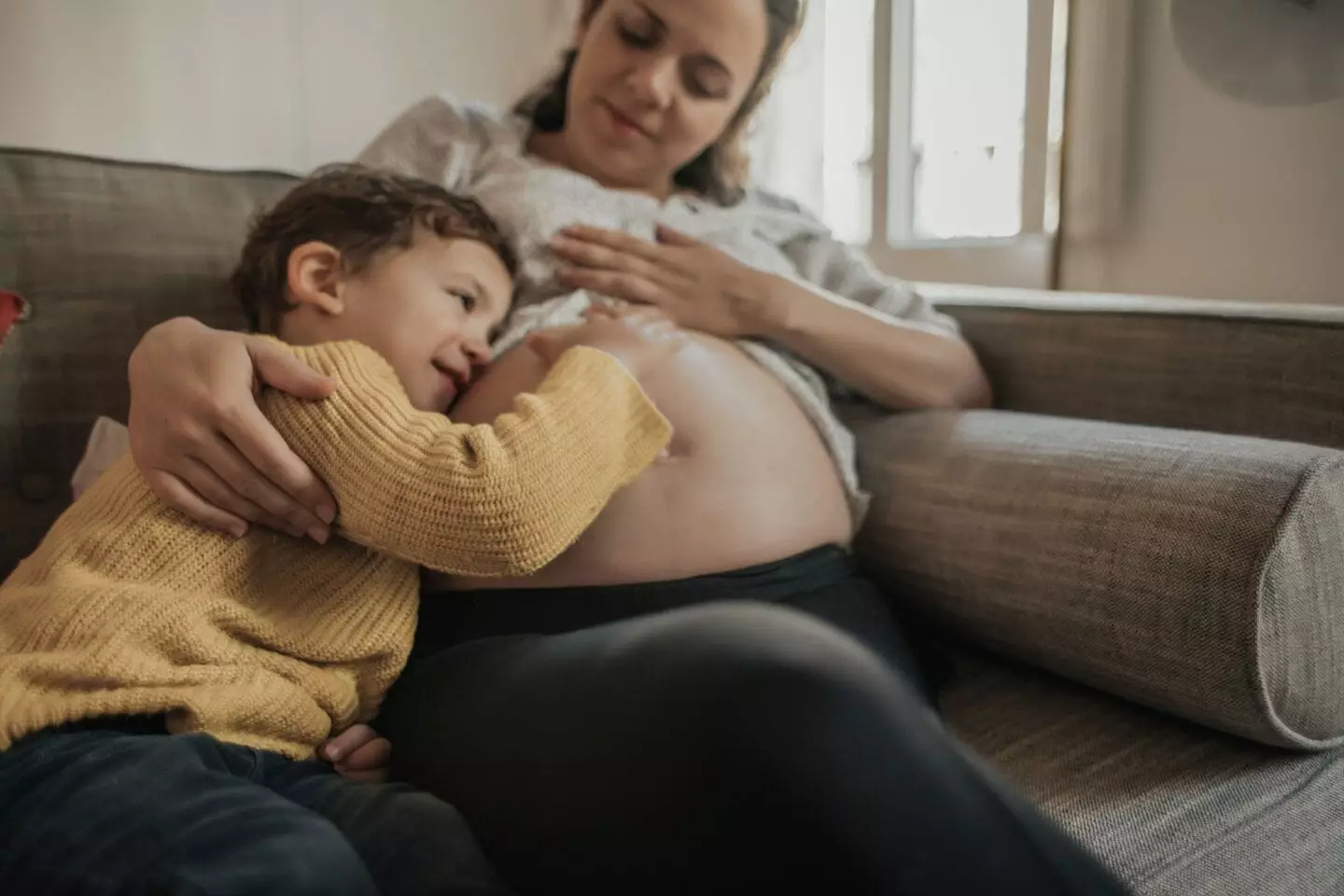Pregnancy is often portrayed through a lens of sheer joy and excitement, particularly when it comes to the anticipation of welcoming a newborn into the family. However, reality often diverges greatly from this idealized vision. My own journey through pregnancy was marred by a blend of emotions that I struggled to articulate—especially with my second child on the way. Unlike my first pregnancy, which was filled predominantly with optimism, I now grapple with feelings of ambivalence. This article explores the complexities of experiencing ambivalence during pregnancy, especially when contemplating the challenges and transformation that a second child brings.
With the arrival of baby number two, the realities of parenthood have become increasingly palpable. Whereas my first pregnancy felt like stepping into the light, my second has unfolded as a gradual descent into deeper and darker waters of self-doubt and trepidation. Pregnancy, while still a joyous event, now carries the heaviness of past experiences and the accompanying workload of parenting. Despite being a planned pregnancy, anxiety lingers like an omnipresent shadow, whispering uncertainties about my expanding family.
These feelings, which stem largely from a deep understanding of the demands of motherhood, are often cloaked in societal pressure to feel unbridled happiness. Numerous tales portray pregnancy as a purely blissful journey, leaving little room to discuss the valid nuances of feeling overwhelmed or unsure. It raises questions about the societal expectations we place on expectant mothers—shouldn’t we also recognize and accommodate feelings of anxiety alongside joy?
One challenge that often leads to ambivalence is the nagging worry over making a colossal mistake by choosing to have another child. Many parents wrestle with thoughts like: “Can I handle the demands of two children?” or “Will I have the same energy and attention to devote to both?” Such concerns are overshadowed by the emotional weight that comes with transitioning from one child to two. The pressure to embrace pregnancy with open arms only magnifies feelings of inadequacy when the reality is much more complex.
Additionally, it is interesting to note that societal attitudes often stigmatize any negative feelings regarding pregnancy. The normalization of regret over family expansion is more often associated with couples opting for fewer children. But what about those who have chosen the path of expansion? How do they process the emotional turmoil that comes along with these choices?
Ambivalence in pregnancy is increasingly acknowledged as a common sentiment among expectant mothers, yet it remains profoundly misunderstood. Research points to the dynamic nature of emotions during such a transformative period. It’s more nuanced than simply oscillating between two extremes—rather, it’s a complex entanglement of emotions where happiness and dread coexist. On certain days, I am overcome with excitement, but on tougher days, when balancing the needs of my first child feels Herculean, dread seeps in, creating a chaotic storm of mixed feelings.
Researchers have coined this emotional experience as “going back and forth,” a term that succinctly captures the often contradictory nature of one’s feelings towards pregnancy. This rollercoaster can be particularly unsettling, as the more you internally grapple with mixed emotions, the more isolated you may feel. It lifts the veil on the reality that both joy and anxiety can thrive in the same moment, and that experiencing both does not make one any less deserving of their upcoming family addition.
Transitioning from one child to two invites an avalanche of concerns surrounding familial relationships. Data shows that marital satisfaction tends to decline with each new child, bringing to light the inevitable strains placed on couples. A newborn demands time and resources, often at the expense of individual attention and fulfillment in a marriage, which can lead to resentment and frustration.
Various anecdotes from mothers navigating this terrain reveal consistent themes of resentment—not just toward the new baby but also toward one’s partner, who may appear oblivious to the emotional load that falls squarely on one parent’s shoulders. Open communication becomes essential for alleviating these feelings, yet can be an arduous endeavor amidst the clutter of daily family life.
Despite the challenges and emotional turbulence that comes with expanding a family, it’s crucial to remember that ambivalence is a natural response. Within the chaos, there exist moments of pure joy and connection, often triggered when siblings interact. As I continue through this tumultuous yet exciting chapter of my life, I find solace in knowing I’m not alone in my feelings.
To mothers experiencing similar conflicts—contemplating the shift from one to two children—know that feeling ambivalent is valid and common. Embracing this complexity may reveal an enriching emotional journey rather than a sign of inadequacy. As daunting as it is to envision the future of our changing family dynamics, the anticipation of growth and resilience reassures me that I will emerge on the other side, stronger and more fulfilled.
So, if you’re wrestling with feelings of doubt, anxiety, or uncertainty about your pregnancy journey, take heart. Know that it’s okay to question and to feel—these human experiences are what shape us as parents. Through the chaos and complexity of emotions, we will find our way together.

